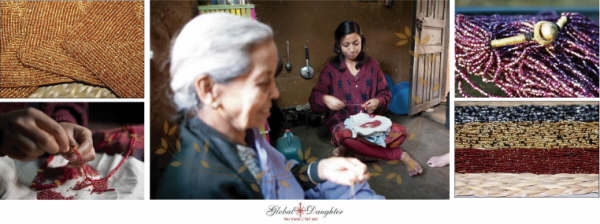UNITED NATIONS - Women around the world still face widespread discrimination in areas ranging from politics to health care despite decades of government promises to rectify the inequities, a new U.N. report asserted Thursday.
The U.N. Development Fund for Women called for stronger measures to ensure that governments are held to account on the commitments they have made to women. "Discrimination on this scale ... is symptomatic of an accountability crisis," said the fund's biennial report on Progress of the World's Women 2008/2009.
The report was released ahead of next week's ministerial meeting of the U.N. General Assembly which includes a special session on the U.N. Millennium Development Goals, or MDGs. They include eradicating extreme poverty, achieving universal primary education, promoting gender equality and improving maternal health, all by 2015.
Ines Alberdi, executive director of the fund, said that to overcome the accountability crisis "first women must be represented in much larger numbers in decision-making positions - in politics, in business and in public service."Second, she said, women's needs must be at the core of government action and public officials must be assessed against their record.
"Without putting in place strong measures to track progress on gender equality, we run the risk that commitments, such as the MDGs, will remain words on paper," Alberdi warned.
The report focuses on five areas where the need to strengthen accountability to women is urgent: politics and government, access to public services, economic opportunities, justice, and the distribution of international aid.
While the percentage of women parliamentarians has risen by 8 percent from 1998 to 2008 to a global average of 18.4 percent, the report said at this rate female representation in developing countries "will not reach the 'parity zone' of between 40 and 60 percent until 2045."
It recommended quotas or temporary special measures "as a proven way" to boost the number of women in parliaments.
Secretary-General Ban Ki-moon, speaking at another event promoting the report, called the world's record on maternal health care "dismal."Globally, the report said, maternal mortality is going down at a rate of just 0.4 percent a year, which means every year more than 500,000 women die from complications of childbirth.
"To fix the problem," Ban said, "all we need is to ensure that developing countries have what developed states provide as a minimum: prenatal health care and skilled attendants to help mothers survive the ordeal of labor."
The secretary-general strongly backed the report's call for much greater accountability.
"If any man asks why I support better accountability to women, this is my response: because a government that answers to women will answer to you, too," he said.
You can download the full 152-page report at: http://www.unifem.org/progress/2008/publication.html
Source: Edith M. Lederer, Associated Press

1 comment:
So awesome what you two girls are doing....I just read the write up in the paper....so cool! Very proud of what you are doing for women:)
Post a Comment